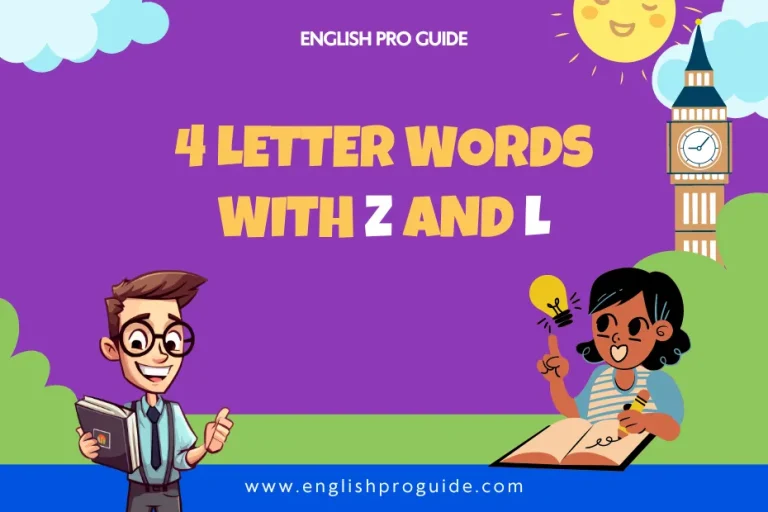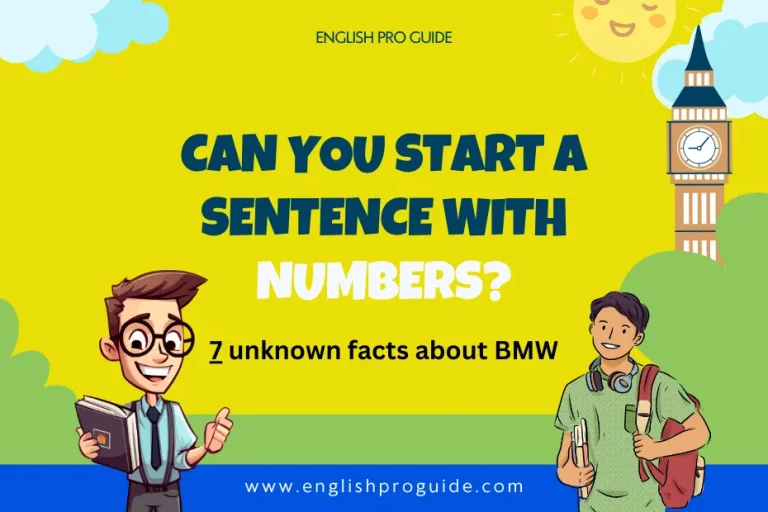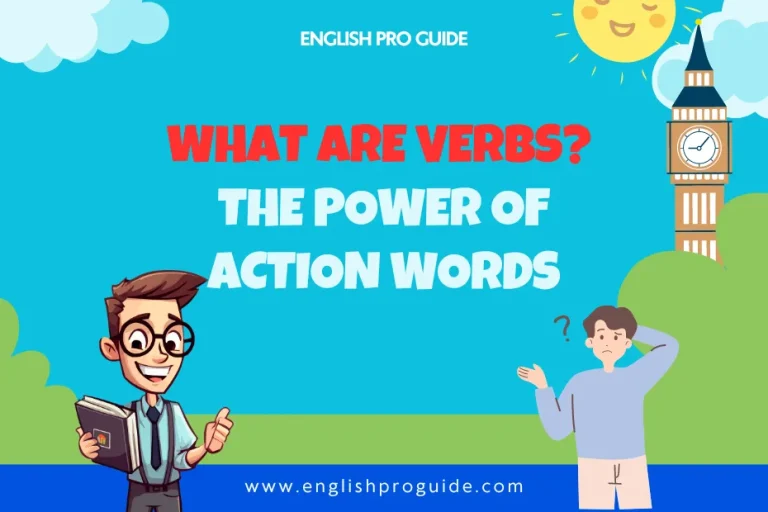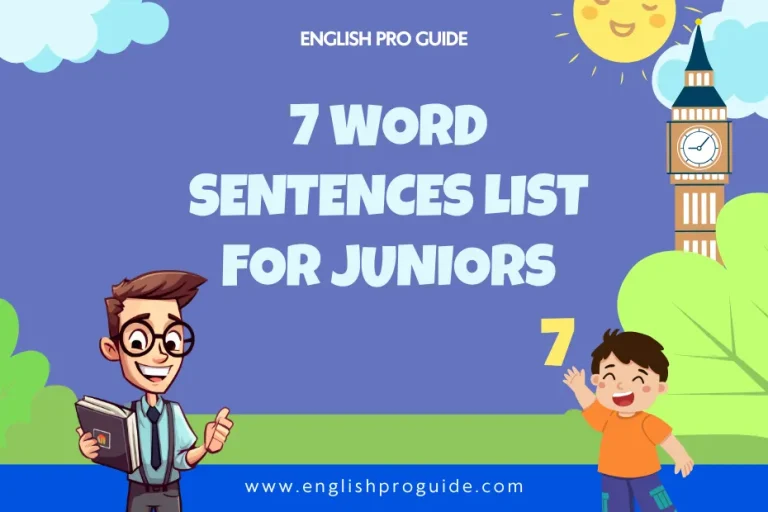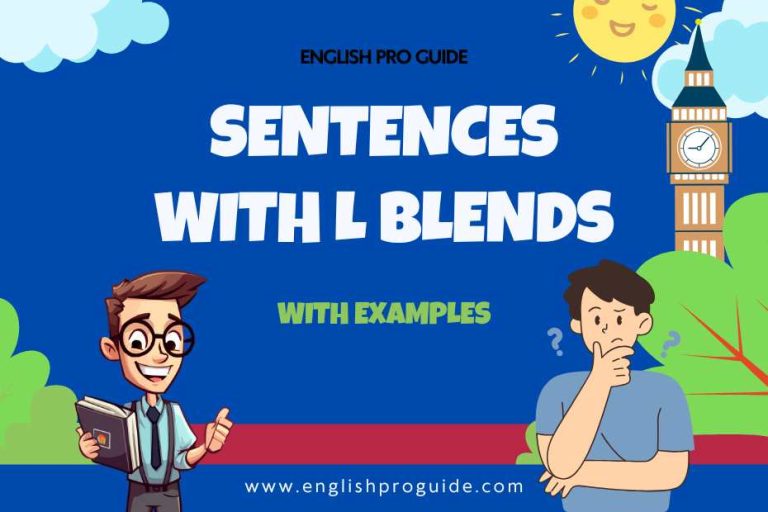Orient vs. Orientate: What’s the Difference?
Both terms are grammatically correct. Your choice should depend on your audience, location, and desired tone. If You’re Writing for an American Audience. Stick to “orient.”
Language is full of quirks, and one that often stumps even seasoned writers is the choice between “orient” and “orientate.” Are they interchangeable? Is one more correct than the other? And—more importantly—which should you use?
If these questions have you scratching your head, you’re not alone. This post dives into the origins, differences, and appropriate use cases for “orient” and “orientate.”
The Terms “Orient” and “Orientate”
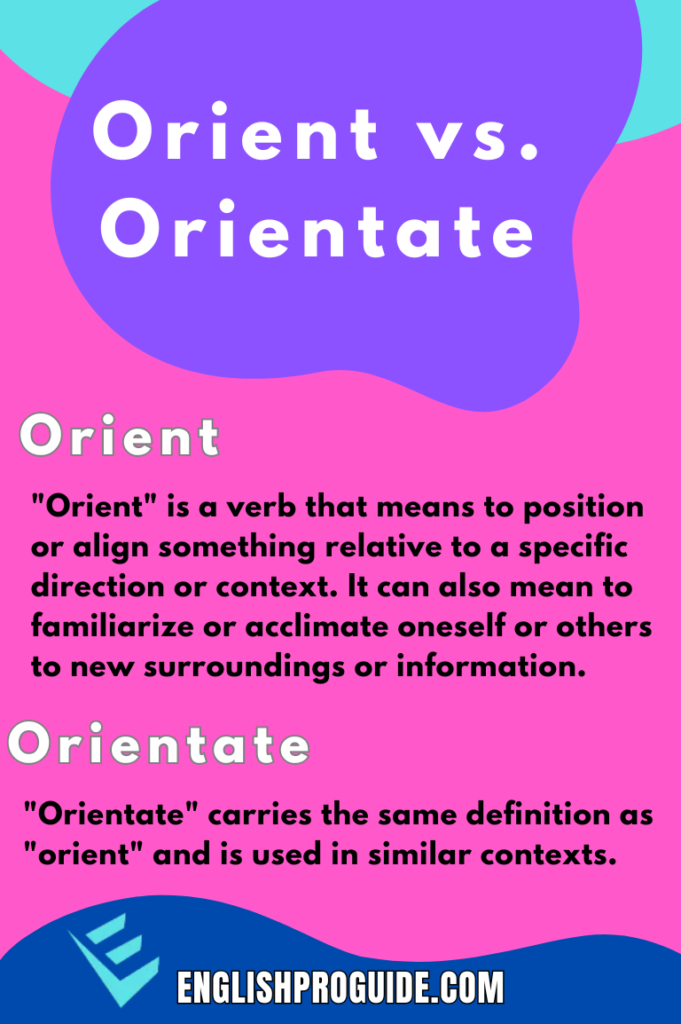
What Does “Orient” Mean?
“Orient” is a verb that means to position or align something relative to a specific direction or context. It can also mean to familiarize or acclimate oneself or others to new surroundings or information.
Example:
- She oriented the map to face north.
- The workshop is designed to orient new employees to company policies.
What Does “Orientate” Mean?
“Orientate” carries the same definition as “orient” and is used in similar contexts.
Example:
- The role of the HR team is to orientate new hires.
- He took some time to orientate himself to the layout of the venue.
While the two terms appear nearly identical in meaning, their differences become clear when we examine their history and usage around the world.
The Origins of “Orient” and “Orientate”
The word “orient” stems from the Latin word oriens, meaning “rising” or “East” (as in the direction of the sunrise). Over time, it evolved to denote positioning or aligning something in a particular way—much like aligning oneself to the cardinal directions.
“Orientate” emerged later as a back-formation from the noun “orientation.” Essentially, people added “-ate” to the end of “orientation” to form a verb. While this may sound reasonable, it means “orientate” is an extended version of a word that already existed as “orient.”
Regional Differences in Usage
This is where things get interesting—whether you choose “orient” or “orientate” often depends on where you’re from.
American English
In the United States, “orient” is the preferred term in both casual conversation and formal writing. “Orientate” is seen as unnecessary and, frankly, redundant. Americans may even consider “orientate” to be incorrect or overly wordy.
For example:
- Correct: I need to orient myself with the company’s internal system.
- Incorrect: I need to orientate myself with the company’s internal system.
British English
On the other hand, “orientate” is more commonly used in British English, though “orient” is also acceptable. Some speakers (and writers) in the UK view “orientate” as the more formal or traditional option.
For example:
- Preferred: He took a few hours to orientate himself to the new city.
- Also Acceptable: He took a few hours to orient himself to the new city.
Rest of the World
Beyond the US and UK, preferences can vary widely. Countries like Canada, Australia, and New Zealand tend to favor “orient” due to their British influence but increasingly adopt American grammar and spelling conventions.
Read More: Five Word Sentences for Kids: 152 Samples And Worksheet
Key Debate: Simplicity vs. Formality
At the heart of the “orient vs. orientate” debate is a linguistic preference for simplicity.
Writers and speakers who advocate for “orient” argue that it is shorter, more straightforward, and universally understood—qualities that are especially important in modern English.
On the flip side, supporters of “orientate” often find the word more formal or fitting in academic and professional settings. After all, if “orientation” exists, why shouldn’t its verb form be “orientate”?
When Should You Use “Orient” or “Orientate”?
The good news is that both terms are grammatically correct. However, your choice should depend on your audience, location, and desired tone.
- If You’re Writing for an American Audience
Stick to “orient.” It’s widely accepted and helps avoid any perception of verbosity or inaccuracy.
Example:
- Training sessions are designed to orient employees with company protocols.
- If You’re Writing for a British Audience
You can use either “orient” or “orientate,” but be mindful of formality. If you’re aiming for a polished or traditional tone, “orientate” may be more appropriate.
Example:
- Before beginning the trek, the hikers were given time to orientate themselves on the trail.
- If You’re Unsure About Your Audience
When in doubt, choose “orient.” It’s shorter, more versatile, and globally recognized.
Example:
- Our tour guide helped us orient ourselves to the city’s landmarks.
- For Informal or Casual Writing
“Orient” is best. Its brevity and simplicity make it the better choice for blogs, emails, and everyday writing.
Example:
- I’m trying to orient myself with all these new features.
- For Formal or Academic Writing
“Orientate” can add a sense of professionalism, especially in British English contexts.
Example:
- The course aims to orientate students to the principles of advanced mathematics.
Read More: Can You Start a Sentence With Numbers?
Common Mistakes to Avoid
Here are a few missteps to watch out for when using these terms:
- Overusing “Orientate” in American English
If you suspect your audience includes Americans, avoid “orientate.” It could be perceived as overcomplicated or even incorrect.
- Mixing the Forms Within a Single Piece of Writing
Consistency is key. If you choose “orient” for one part of your document, stick with it throughout.
- Forgetting the Context
Remember to adapt your terminology based on whether you’re addressing a casual setting (opt for “orient”) or a formal one (where “orientate” may fit).
Wrapping Things Up
Ultimately, the choice between “orient” and “orientate” boils down to style, context, and location.
While both terms are valid, “orient” tends to be more versatile and widely accepted, particularly in informal or global contexts.
On the other hand, “orientate” carries a more formal tone and may appeal to British audiences.
Now that you’ve mastered the intricacies of these two words, you’re ready to make the perfect pick, every time.

